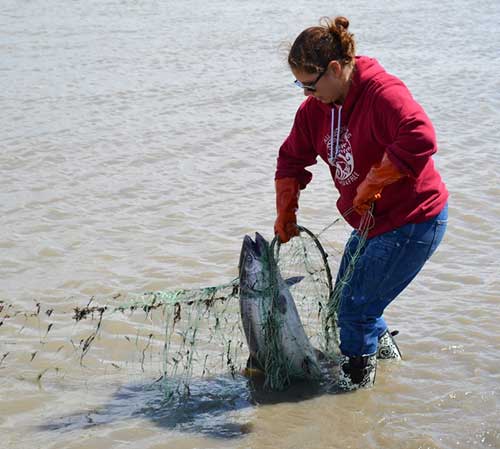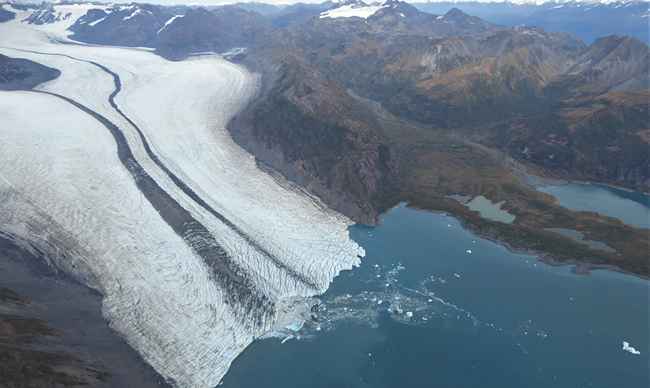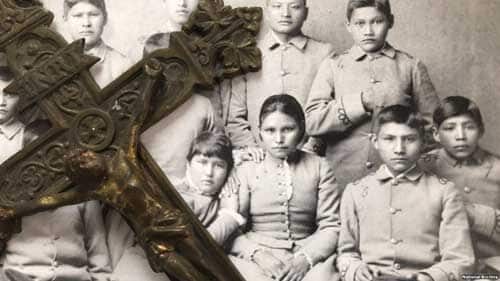
Washington, D.C. – For nearly 50 years, the Huna Tlingit people of Southeast Alaska have been prohibited by federal regulation from practicing an integral part of their heritage they have shared for generations – the traditional harvest of gull eggs in Glacier Bay. On Monday, Alaska Congressman Don Young made headway in resolving this longstanding subsistence concern by passing H.R. 3110, the Huna Tlingit Traditional Gull Egg Use Act, which would allow members of the Hoonah Indian Association to resume the harvest of seagull eggs in the Glacier Bay National Park.
“Passage of this legislation is an important step for upholding the traditional way of life for Alaska’s First People,” said Congressman Don Young. “For the Huna Tlingit people, this traditional gull egg harvest is a culturally significant practice that took place well before the establishment of the Glacier Bay National Park. It’s a shame that even after Congress amended the Migratory Bird Act in 1995 to allow for customary and traditional use of migratory birds by indigenous inhabitants of Alaska, gull egg harvests remained prohibited under National Park Service regulation. I look forward to the day when Huna Tlingit tribal members with living memories of harvesting gull eggs will be able to teach younger members the traditions of their ancestors.”
In February, Alaskan Congressman Don Young, Chairman of the House Natural Resources Subcommittee on Indian and Alaska Native Affairs, convened a hearing on the H.R. 3110, which included testimony from Robert Starbard of the Hoonah Indian Association. During the hearing, Starbard expressed strong support for the legislation which would once again permit the Huna Tlingit people the ability to harvest traditional foods by allowing tribal members to collect certain types of gull eggs twice a year in designated areas of the National Park. These harvests, which uphold an important cultural practice for the Huna Tlingit people, are required to be ecologically sustainable.
Hoonah Indian Association’s Tribal Administrator Robert Starbard offered these words during his hearing testimony:
“Like most traditional hunting and gathering activities of the Tlingit people, the collection and consumption of gull eggs was and remains an integral part of Tlingit culture,” said Starbard. “It is a part of an annual cycle of renewal marking the return of spring. Glacier Bay was valued as the “breadbasket” of the Xuna Kawoo; eggs are a healthy springtime food and egg harvesting activities provide opportunities for family bonding, inter-generational learning, and connection to homeland.”
Glacier Bay National Park and Preserve is part of the traditional homeland of the Huna Tlingit people, who harvested eggs at gull rookeries in Glacier Bay prior to establishment of the park. Egg collection was curtailed in the 1960s as both the Migratory Bird Treaty Act and National Park Service regulations prohibited the activity. The Migratory Bird Treaty Act was later amended to allow for the creation of Alaska Native subsistence harvests in parks, but current National Park Service regulations still prohibit the gathering of gull eggs at Glacier Bay National Park and Preserve.
Congressman Young has worked to address this issue in the past, having introduced earlier versions of the Huna Tlingit Traditional Gull Egg Use Act. Senator Murkowski has sponsored companion legislation in the Senate, S. 156, and successfully moved the bill through the committee process last year.
H.R. 3110, which passed the House by voice vote today with bipartisan support, is expected to be taken up by the Senate in the near future.








